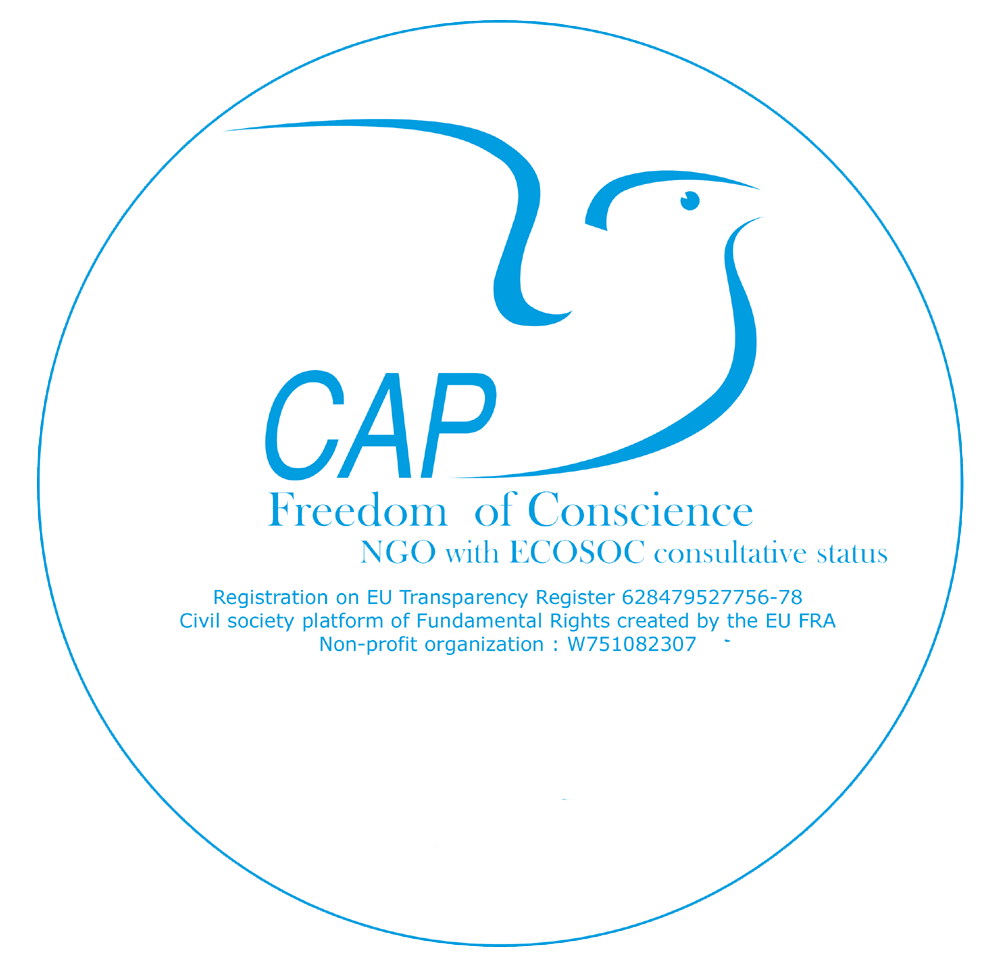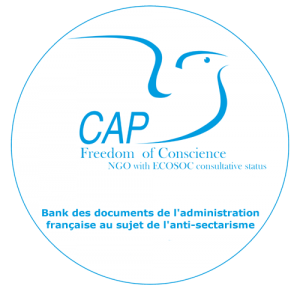CAP Liberté de Conscience and the International Human Rights Committee (IHRC) are ringing the alarm bells over the continuing erosion of religious freedom in Pakistan. In a recent joint report submitted to the United Nations Special Rapporteur on Freedom of Religion or Belief, these organizations continued to highlight the systematic and widespread violations of the rights of religious minorities with a focus on the Ahmadiyya Muslim community. The report shows that international intervention is desperately required to prevent the further persecution of Ahmadis in Pakistan, a community that has been persecuted for its beliefs for years.
The latest incident reports of the IHRC are from February 25 and March 1, 2025, and they describe a number of significant events in Punjab, Pakistan, where state machine and extremist organizations have continued to go after the Ahmadiyya community. These incidents show a clear trend of the state siding with the persecutors and thus cast a significant doubt on Pakistan’s compliance with the international human rights norms.
Documented Incidents: A Systematic Crackdown
The IHRC’s February 25, 2025 report called “The Worst Systematic Crackdown on Ahmadiyya Muslims in Punjab, Pakistan” discusses three attacks on Ahmadiyya mosques and community members within the span of 10 days in February. Between February 3 and 13, three Ahmadiyya mosques were attacked by the extremist group Tehreek-e-Labbaik Pakistan (TLP) in the district of Sialkot. Each time, the authorities either did nothing to help the community or, in fact, helped to destroy their places of worship.
On February 11, in Lubbay, Sialkot district, the police persuaded the community to erase the niche of an Ahmadiyya mosque from the face of the earth. When the community members refused to do the job themselves, the police arrested the president of the Ahmadiyya branch and then went ahead with the destruction.
Similarly, on February 20, a mob of TLP individuals attacked another mosque in Throoh Mandi, Pasrur tehsil and tore down its minarets while shouting anti-Ahmadiyya slogans. The police did not attempt to stop the attack even though they were present at the scene. The mob also promised to pull down the Ahmadiyya cemetery in the area which created more trouble for the Ahmadi community.
On February 22, in Chak No. 20NP, Rahim Yar Khan district, the police brought down the minarets and niche of an Ahmadiyya mosque with the help of TLP. This was done even though the authorities had given the mosque protection. Videos of these incidents have gone viral on social media and have led to more hate speech and incitement to violence against the Ahmadiyya community.
The March 1, 2025 report, “Pakistan: The Religious Persecution in Punjab is Increasing and Can Lead to Mass Violence”, describes the tension rising to yet another level. On February 28, 2025, 23 Ahmadis in Chak 71 Janubi, Sargodha district, were arrested for conducting Friday prayers and were charged with blasphemy (Sections 298-B and 298-C). The extremist groups occupied the position of the local police station and demanded the closure of the place of worship and more legal actions against the community.
In Daska, Sialkot district, on the same day, a mob of TLP individuals entered an Ahmadiyya mosque during Friday prayers and demanded that the worshippers leave the premises. Police did not come for the rescue of the community but instead took 26 Ahmadis into custody and registered a case under Section 298-C. It should be noted that 22 of the 26 detainees have been remanded in custody, and they have only been jailed because of their faith.
Sources and Context: The Role of Social Media and State Complicity
The IHRC reports also discuss how the social media platforms help spread hatred against the Ahmadiyya community. Videos of mosque demolitions and mob attacks, shared on social media sites like X (formerly Twitter), have created an atmosphere of fear and exclusion among people. Many of these videos contain extremist speech, which calls for eradicating Ahmadis from society.
However, state authorities have not only failed to prevent hate speech but have also engaged in persecution. The police, the tearing down of mosques, the detention of the worshippers, and the misuse of the blasphemy laws against Ahmadis show a clear alignment between the state and the extremists. This complicity is counter to Pakistan’s international human rights law obligations and calls into question the country’s dedication to the protection of religious minorities.
International Perspectives: Calls for Accountability
The international community has expressed its concern over the continuing persecution of Ahmadis in Pakistan. A few weeks ago, the European Union’s special envoy for human rights made a visit to Pakistan and warned that the country’s preferential trade status under the Generalized Scheme of Preferences Plus (GSP+) is at risk if it does not meet the human rights standards. “Do not assume that you have GSP+ status,” the envoy warned, saying that Pakistan has to address human rights abuses such as religious minorities’ persecution.
The United Nations Human Rights Committee has also had some serious concerns about religious freedom in Pakistan. At its meeting in October 2024, the committee demanded radical changes to the system to safeguard minorities and bring the country into line with international human rights conventions. The committee’s recommendations highlight the need for Pakistan to address the systemic discrimination of Ahmadis and other religious minorities. (Source)
The Ahmadiyya Muslim community in Pakistan is facing a severe violation of religious freedom and human rights. The documented incidents in Punjab as reported by the IHRC show inhibited hatred and prejudice and these are encouraged by the state machinery and various extremist groups. These actions not only go against the laws of Pakistan but also the treaties that Pakistan has signed to protect religious minorities.






